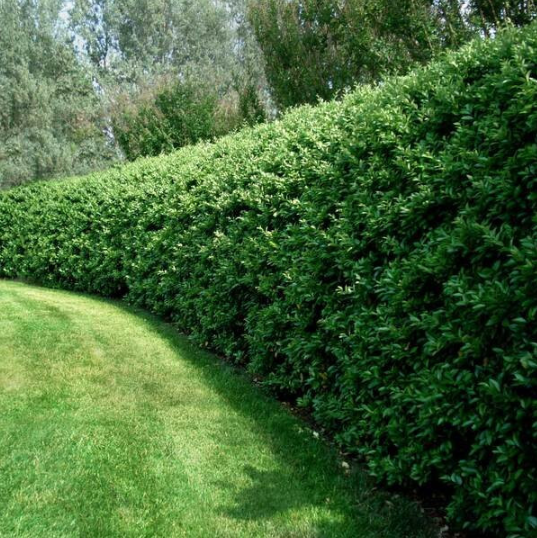Homeowners are always searching for ways to beautify their landscapes while adding functionality and value to their property. One of the most versatile and attractive options is the Carolina Cherry tree. Known for its evergreen foliage, fragrant blooms, and adaptability, this tree has become a popular choice in residential settings. Whether you want to create privacy, enhance curb appeal, or simply enjoy year-round greenery, planting a Carolina Cherry can transform your outdoor space.
Year-Round Evergreen Beauty
One of the most noticeable benefits of the Carolina Cherry is its evergreen nature. Unlike deciduous trees that shed their leaves, this species retains lush, glossy green foliage throughout the year. This makes it an excellent choice for homeowners who want consistent greenery, regardless of the season. The dense foliage not only creates a visually pleasing backdrop but also provides shade and texture that can complement any style of landscaping.
A Natural Privacy Screen
Privacy is a top priority for many homeowners, especially in suburban neighborhoods. The Carolina Cherry is widely recognized for its ability to grow into a thick, dense hedge that serves as a natural barrier. With proper pruning, it can reach impressive heights, effectively blocking unwanted views, reducing noise pollution, and creating a sense of seclusion. This makes it an eco-friendly and aesthetically pleasing alternative to artificial fencing.
Low Maintenance and Hardy Growth
Another major advantage of the Carolina Cherry is its low-maintenance nature. This tree thrives in a variety of soil types, tolerates drought once established, and requires minimal care compared to more delicate ornamental species. It is also resistant to many pests and diseases, making it an excellent choice for homeowners who want beauty without constant upkeep. Regular trimming helps maintain its shape, but even without frequent pruning, the tree continues to grow strong and healthy.
Enhancing Curb Appeal
The Carolina Cherry is often planted for its visual impact. Its glossy leaves, fragrant white flowers in spring, and overall neat appearance add elegance and charm to residential spaces. For homeowners looking to increase property value, incorporating a Carolina Cherry into their landscaping design is an investment in both beauty and functionality. Real estate experts often note that attractive, well-maintained landscapes improve curb appeal and can make a property more appealing to potential buyers.
Environmental and Practical Benefits
Beyond aesthetics, the Carolina Cherry offers several environmental benefits. Its dense foliage helps filter dust and pollutants from the air, contributing to cleaner surroundings. The tree also provides shelter and food for birds, enhancing biodiversity in residential neighborhoods. Additionally, the shade cast by a mature Carolina Cherry can help reduce home cooling costs during the hot summer months by lowering surrounding temperatures naturally.
Versatility in Landscape Design
The versatility of the Carolina Cherry makes it suitable for a wide range of landscaping projects. It can be shaped into a formal hedge, grown as a standalone ornamental tree, or used to line driveways and property boundaries. Its adaptability allows homeowners to tailor the tree to fit their specific design goals, whether modern, traditional, or rustic. Because it responds well to pruning, it can also be trained into unique shapes that add character to outdoor spaces.
Conclusion
Planting a Carolina Cherry tree offers numerous benefits for residential spaces. From year-round greenery and natural privacy screening to its low-maintenance qualities and ability to enhance property value, this tree stands out as a reliable and attractive choice for homeowners. Its environmental contributions, versatility, and durability make it a long-term investment in both beauty and functionality. For those exploring other landscape options, species such as Japanese Privet wax leaf privet may also complement residential gardens while serving similar roles in privacy and design.

